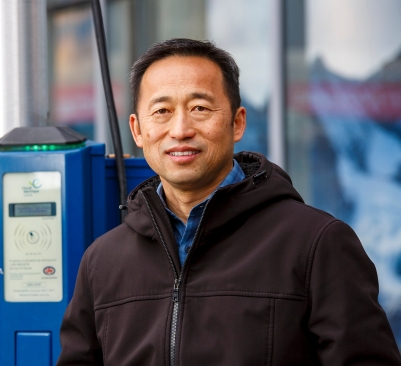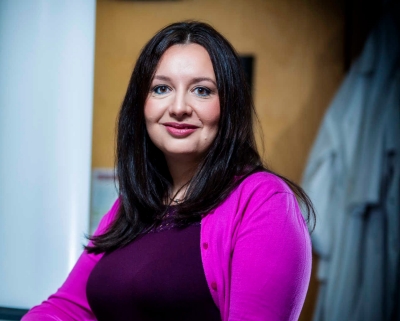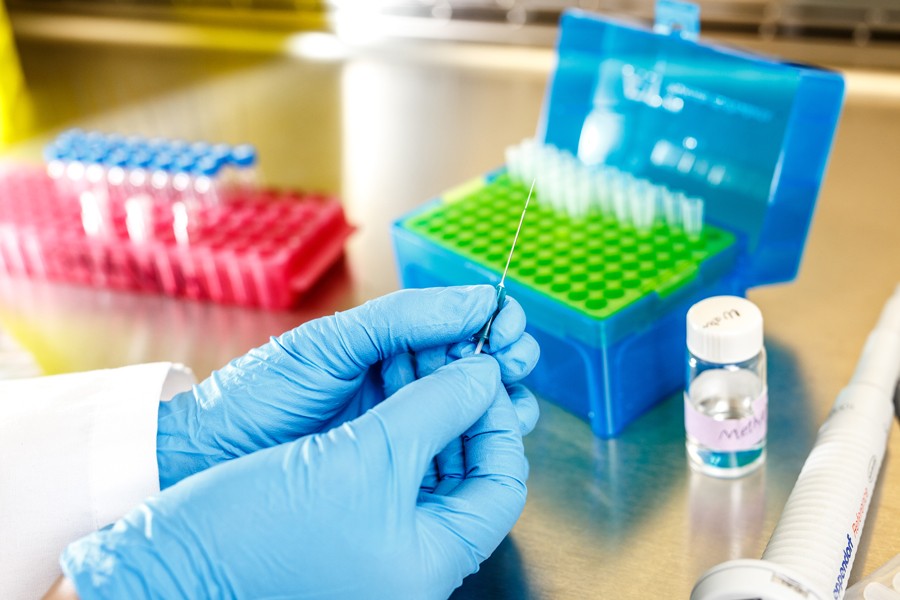For decades, the blood test has been one of the most common, and important, diagnostic tools in medicine. But could blood tests be more effective, more efficient and nearly painless?
To improve health outcomes, researchers at Concordia University in Montreal are developing new technologies to create a better blood test, from minimizing how many samples are drawn to reimagining the systems that manage and distribute results.
Each year, approximately 10 million blood tests are performed at Montreal’s Jewish General Hospital (JGH). When blood test results require immediate attention, physicians are notified by phone.
But contacting a physician by phone can be administratively burdensome, notes Dr. Chun Wang, associate professor at Concordia’s Gina Cody School of Engineering and Computer Science.


 The app being developed by Concordia’s Dr. Chun Wang gets critical blood test results to doctors sooner. © CONCORDIA
The app being developed by Concordia’s Dr. Chun Wang gets critical blood test results to doctors sooner. © CONCORDIA
 Concordia researcher Dr. Dajana Vuckovic is working on making blood tests more informative for doctors and less invasive for patients. © CONCORDIA
Concordia researcher Dr. Dajana Vuckovic is working on making blood tests more informative for doctors and less invasive for patients. © CONCORDIA
 Mass spectrometry could allow doctors to test for hundreds of conditions or diseases with a single blood draw. © CONCORDIA
Mass spectrometry could allow doctors to test for hundreds of conditions or diseases with a single blood draw. © CONCORDIA